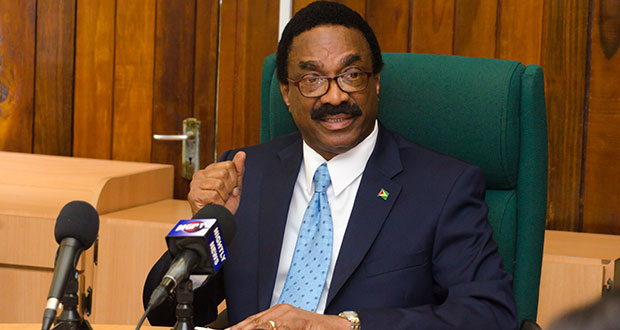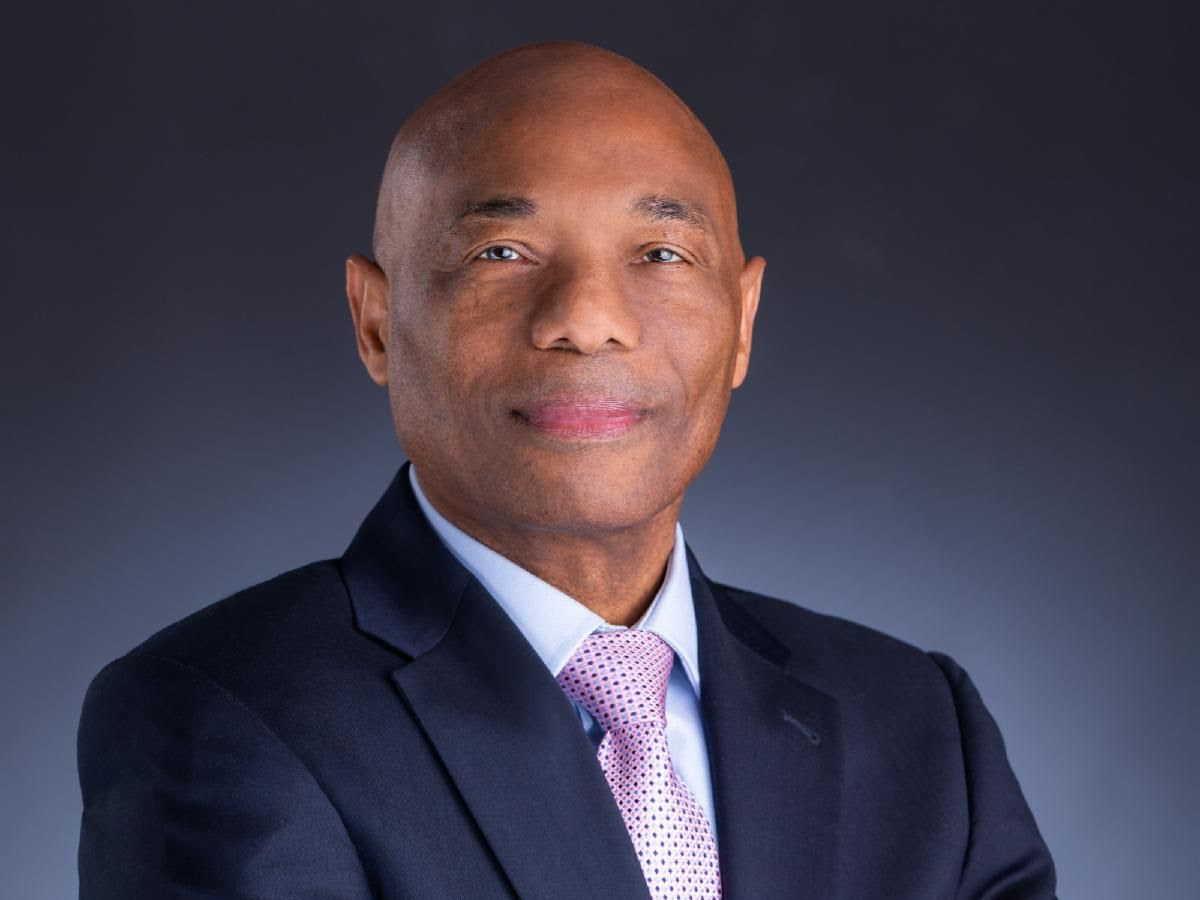Attorney General Basil Williams Monday urged the Court of Appeal to grant a stay in the ruling of Chief Justice Roxanne George that the motion of no confidence against the Guyana government passed in the National Assembly last December is valid.
In the appeal, in which the Speaker Dr. Barton Scotland and Opposition Lerader, Bharrat Jagdeo, are the respondents, Williams is also arguing that the Chief Justice “erred and misdirected herself in law when she ruled that the motion of no-confidence upon a division vote of 33:32 Members of the National Assembly was validly passed as the requisite majority of all the elected members”.
He is also asking the Court of Appeal to grant a Conservatory Order , which he deemed “is necessary to preserve the status quo…as the period for the hearing and determination of the matter may expire before that time prescribed in Article 106 (7) of the constitution which requires that the President and Government resign and hold elections within three months”.
On December 21, last year, Jagdeo successfully piloted a motion of no confidence in the David Granger lead coalition government. The motion succeeded because of the support given by then government backbencher Charrandass Persaud, ensuring that the coalition lost the slender one seat majority it had enjoyed in the 65-member National Assembly.’
Since then Jagdeo has been calling on Guyana Elections Commission (GECOM) to ensure that the elections are held by March 19 this year in keeping with the provisions of the Guyana Constitution. The Chief Elections Officer, Keith Lowenfield has since said that it is impossible for the polls to be held on that date given the measures that have to be put in place to ensure a credible poll.
In his appeal, Williams said he would also argue that “the State says the Constitution provides for the Cabinet to aid and advise the president in the general direction and control of the Government of Guyana and shall be collectively responsible therefor to Parliament.
“It is contended that the effect of Article 106 (2) is that once there is a Government, there must be a Cabinet; once there is a President there must be a Cabinet, and once there is a Parliament there must be a Cabinet.
“Therefore in so far as Article 106 (6) purports to sever the connection between Cabinet and Government it is inconsistent with the clear provisions of Article 106 (2).”
Williams is also contending that the word notwithstanding connects article 106 (7) to article 106 (6) of the Constitution and provides the time frame for the resignation of the Cabinet which being part of the Government exists as long as the Government exists and the Cabinet would accordingly resign when the Government resigns.
“Further, the time for resignation of the President, Cabinet and Government is when elections are held and the President takes the oath of office following the elections as set out in Article 106 (7),” he added.




